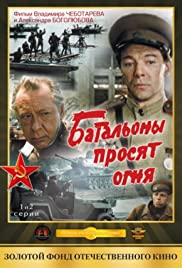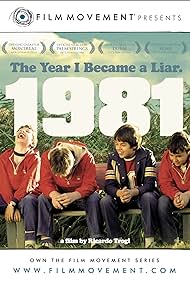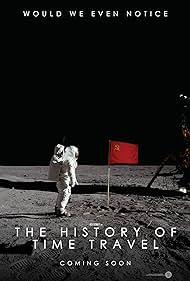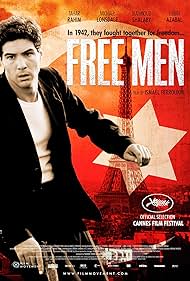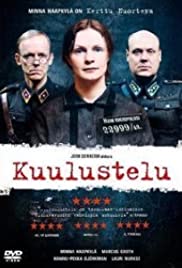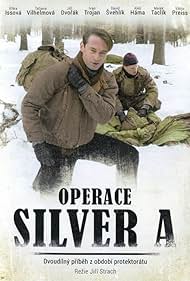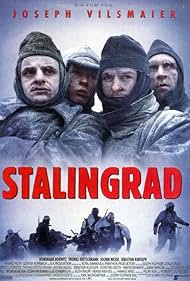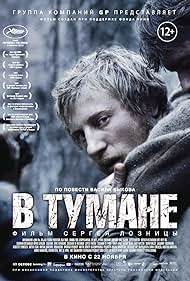Paradise Soundtrack (2016)
Synopsis
Feature film about three people whose paths cross during a terrible time of war: Olga, a Russian aristocratic emigrant and member of the French Resistance; Jules, a French collaborator; and Helmut, a high-ranking German SS officer. Olga is arrested for hiding Jewish children during a raid. Her case is investigated by Jules who, attracted to her, offers to be soft on her if she'll sleep with him. But his intentions are cut short when he is killed by Resistance fighters. Olga is put into a concentration camp where she encounters Helmut who was once madly in love with her and still harbours feelings for her. Together they embark on a twisted and destructive relationship. As the Nazis face imminent defeat, Helmut decides to save Olga and escape with her to South America. Although she initially agrees to go with him, at the last moment she changes her mind. Prepared to die for her beliefs - the idea that all lives have a purpose and that even in the direst circumstances, people are capable of doing good, - she decides to save a life, that of a Jewish woman named Rosa, by taking her place in the gas chamber. "Paradise" is a slice of reality. It resembles an old film montage in which you may not always be sure what is happening but which you know is depicting an absolute truth. The film features original footage and confessional monologues by the main characters. Its aim is summed up perfectly by the words of German philosopher Karl Jaspers: "That which has happened is a warning. It must be continually remembered. It was possible for this to happen, and it remains possible for it to happen again at any minute. Only in knowledge can it be prevented."
Download and play the Soundtrack list
| Play | Title | Artist |
|---|---|---|
|
Paradise
|
||
|
Symphony No. 3 in F Major, Op. 90: III. Poco allegretto
|
Johannes Brahms:
Writer
|
|
|
Three Intermezzi, Op. 117: I. Andante moderato
|
Johannes Brahms:
Writer
|
|
|
Annen-polka, Op 117
|
||
|
Tritsch-tratsch-polka, Op. 214
|
||
|
On the Hunt! Op. 373
|
||
|
Parlami d'Amore Mariù
|
||
|
Concerto No. 2 in C Minor, Op. 18: I. moderato - allegro
|
||
|
Three Intermezzi, Op. 117: II. Andante non troppo e con molto espressione
|
||


